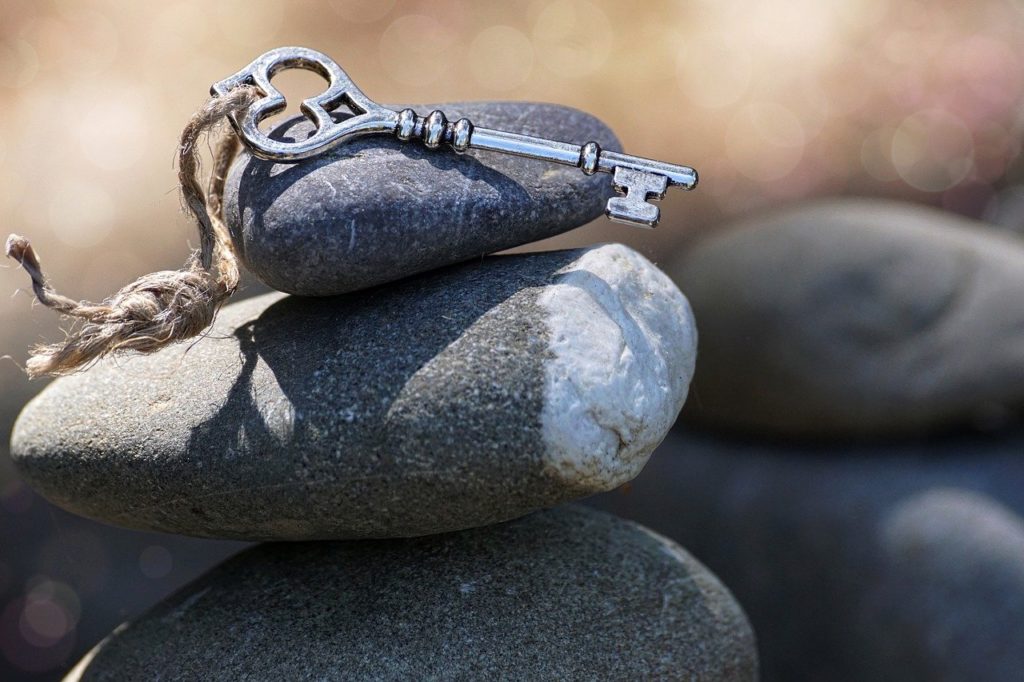Change does not occur of its own volition. It must be perpetrated by a person or action. Unless that action is a natural occurrence, such as an earthquake or tsunami, it’s most likely initiated by a person or people. People don’t always make the best choices, and often their choices affect others. So, a poor choice by one person can have a poor ripple effect on others. Likewise, a good choice can initiate good ripples on others. Let’s unpack this theory.
Choices
Everything we do is a choice: our words, our actions, our reactions, and even our thoughts. Yes, our thoughts too. We can choose to dwell on good or bad thoughts. Typically, everything else will follow accordingly, so our choice here is important. Sometimes this is difficult and takes a strong conscious effort to do.
Let’s say your boss gives you a poor review. He doesn’t like the way you do your job or maybe he just offered some constructive criticism and is asking more of you. Let’s assume you don’t have too many negative things happening and you like your job. There’s two ways you can take this. Accept the criticism and try to do better as suggested or dwell on the criticism, thinking about how much your boss obviously doesn’t like you and is out to get you. Which is most likely to bring about a positive change? Sure, your boss might continue to criticize you no matter how hard you try, but maybe he’ll see improvement and praise you for that. You won’t know if you don’t try, and you won’t try if you’re dwelling on the negative.
The Ripples
So what about those ripple effects? How can your negative or positive thinking affect others? How you think leads to how you act and both lead to how you perform in life. Think negative and talk negative. That attitude will lead to poor performance anywhere. Think positive and be positive in everything you do. This attitude helps you to brush off negativity whenever it comes your way.
Now imagine your boss has seen your efforts after that poor review. If your choices were negative, perhaps you haven’t changed anything. Perhaps now, more work is being given to another who’s already overloaded. Maybe that person is now overstressed and blaming you. Maybe that person is blaming their boss. More negativity ensues. But imagine you tried harder and took the advice that you didn’t like at the time. Your effort is seen and appreciated. You begin to have new opportunities to hone your skills and show off your efforts. You even have a chance to help others. This positivity brushes off on those around you.
Granted, you can only be responsible for your own choices. Those around you must make their own choices, but each of us must put in our part as best we can. If we each do our best, we’re more likely to inspire others to do the same, especially when positive change occurs.
Natural Disaster and Choice for Change
In January, a volcano erupted in Tonga leading to a tsunami that affected the entire Ring of Fire from Australia to Peru. Hundreds of homes were destroyed and many were left without drinking water. The Red Cross responded immediately bringing water, temporary shelters, and relief supplies. They are still asking for donations, funds to help support and rebuild for all those in Tonga. Imagine if everyone just brushed off this news, changed the channel, or scrolled by without a thought. Thankfully, many are touched by this and choose to donate what they can, or even share the story. Even better, some have dedicated their lives to be part of this and similar relief efforts. They make a conscious choice every day to make change happen in a positive way.
The Inner Drive for Change
“Nothing ever happens in the world that does not happen first in human hearts.”
Venerable Fulton Sheen
We all have different motivators that work for us. Some are driven by a desire to help others. Some are driven by a desire to excel. Others want to create while still others want to fix. We each have unique inner motivators and the key to unlocking our drive for change, in either ourselves or the world around us, lies in the ability to discover those motivators. Our hearts’ engines are powered uniquely. To uncover that drive is to uncover the engine for change in each individual. You must ask yourself what makes you choose what is good? This could be the fuel you need, the missing key in unlocking your best potential.
Do You Want It?
When you know what drives you to want to change (either yourself or the world around you), you know where to start. You can start using that as a focus, a point of view to hone in on and keep coming back to. I remember an old commercial of a guy cutting out a picture of his daughter and sliding it into his cigarette box. When he went for a cigarette, he’d see her picture on the box and put it away. He kept his motivator right on the temptation.
If you’re a rule follower, you might need a strict rule or routine to follow. Let’s say you want to get more fit but you can’t find time to exercise. Before going to bed, before you’re allowed to crawl into bed, if you haven’t exercised at all that day, you have to complete ten push-ups. There was a runner who had a goal time he wanted to beat. Throughout his career, he trained hard. The year he beat his goal time was the year he wrote the time down on a piece of paper and tucked it into his running shoe. It was there every time he put his shoes on.
Motivation comes in many forms but it must start in the heart. What’s your drive for change?
